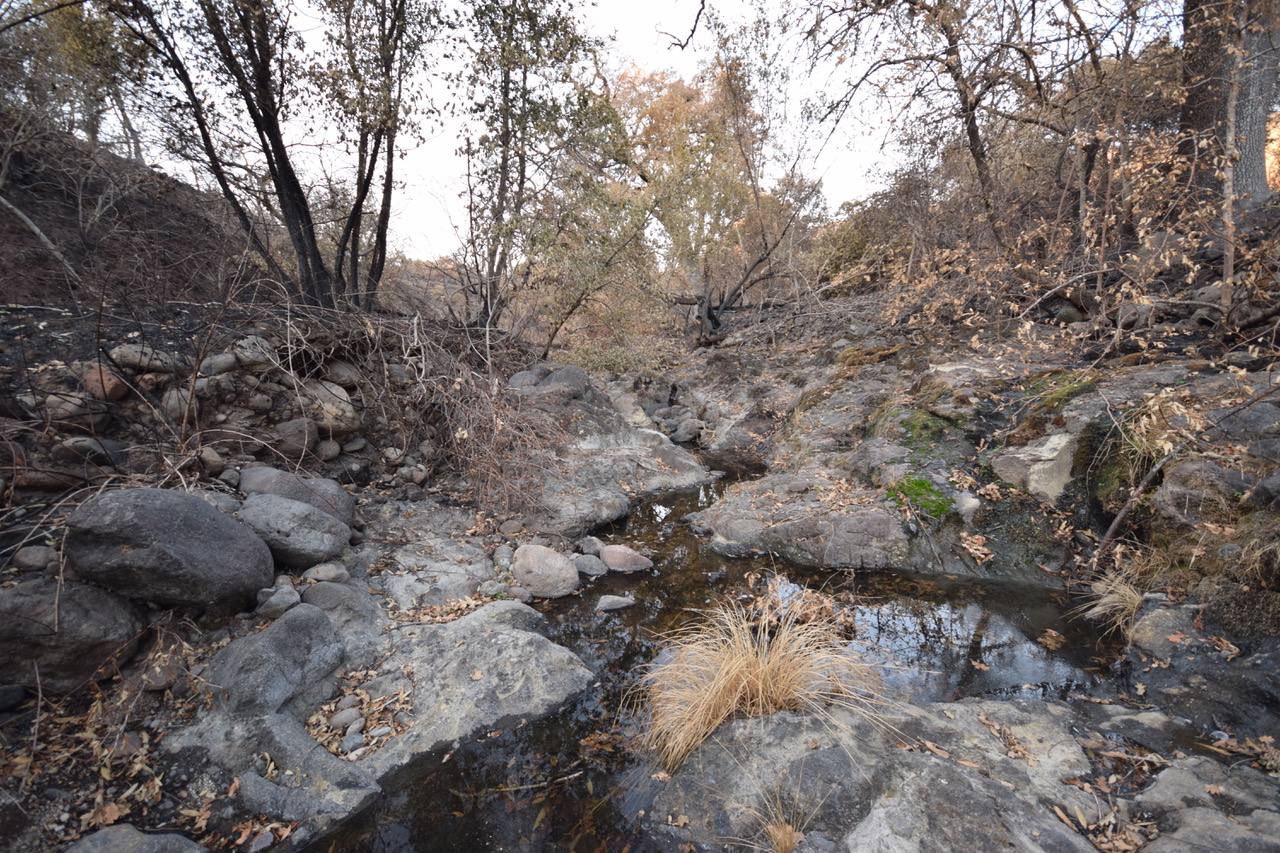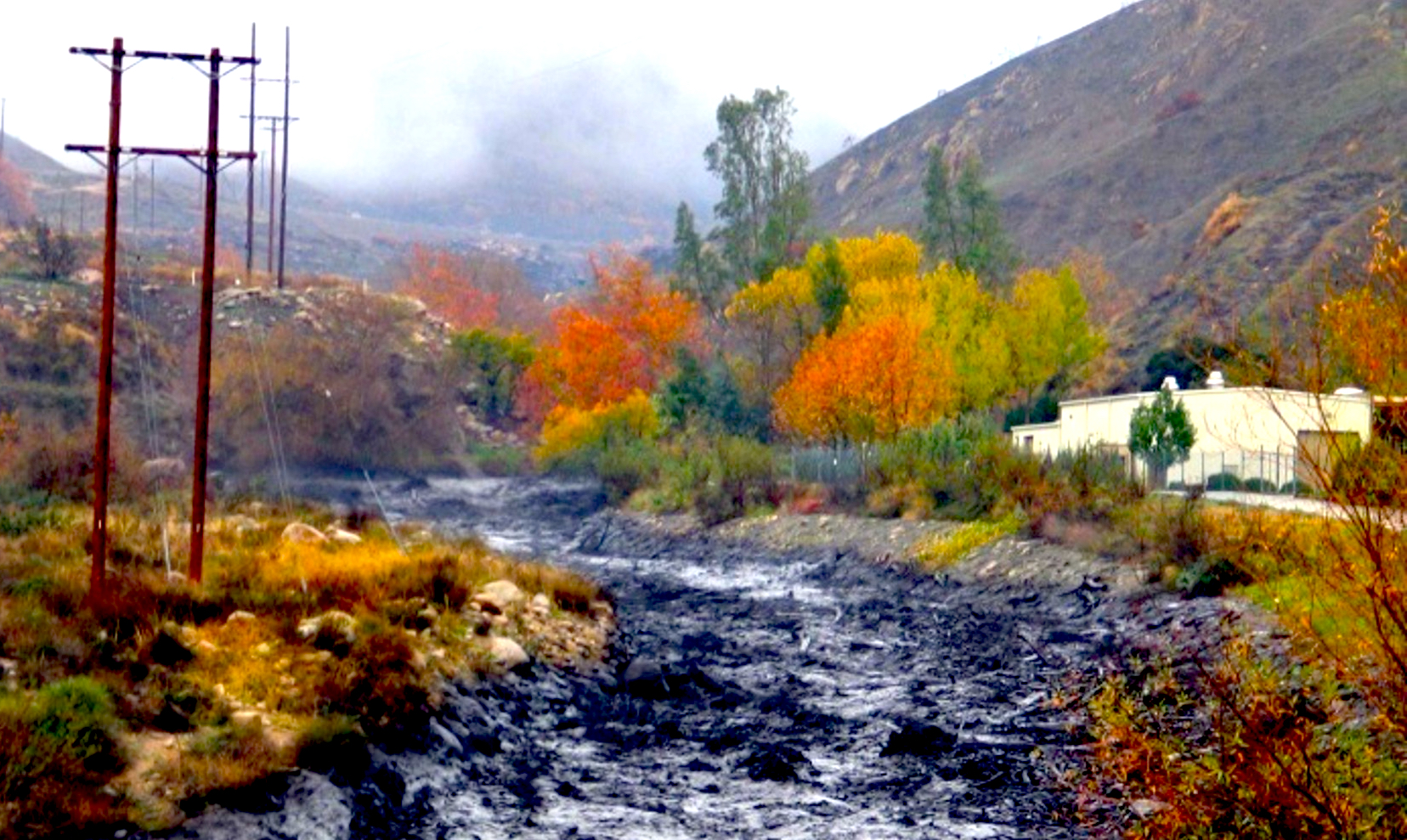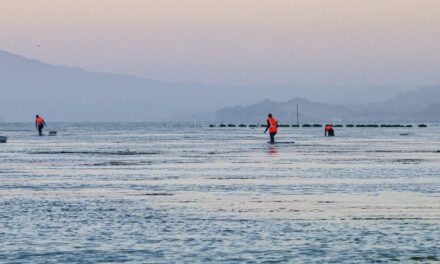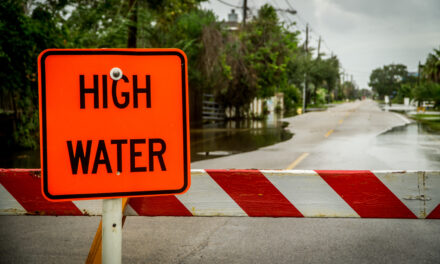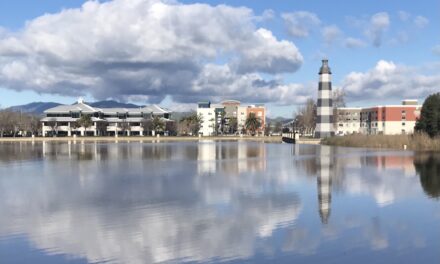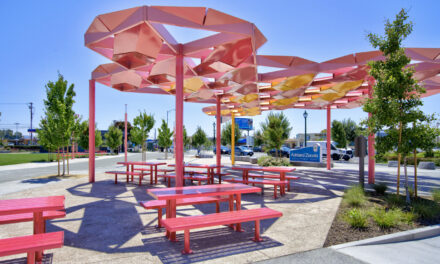Putting out Fires is Just the Beginning
The lingering effects of wildfires on ecosystems and communities are varied, but one of the more notable — and less understood — is the effect on water quality. Conversations around post-wildfire water quality management are producing new insights for monitoring programs across the state.
“We’re looking at a potentially really bad fire season,” says Tegan Hoffman, co-founder of Coastal Quest, a non-profit group working in-part on understanding the post-fire effects on coastal water quality and infrastructure. “So we really need to be protecting our watersheds.”
Several studies on post-fire water quality have shown that drinking water could become contaminated in a wildfire affected area from burnt plastic plumbing. Contaminants may enter the water system after pipes reach high temperature and then are later exposed to running water.
Beyond plumbing, and in the watershed, a 2020 study suggests post-fire runoff may be more cloudy and include more suspended particles. The significance of these effects on the water is proportional to the size of the area burned. Contaminants such as dissolved organic carbon, dissolved organic nitrogen, and ammonia may increase in concentration in water post wildfire, according to the study.
Eric Stein, a lead biologist with the Southern California Coastal Water Research Project, has been studying post-fire water contaminants since 2005. Stein says he entered this research accidentally when several stormwater sites he was monitoring burned in a wildfire.
“We already had pre-fire data from our ongoing studies and so we took advantage of that to start to look at some of the post-fire data,” Stein says.
Stein and the Southern California Project focused on studying water contaminants in post-fire runoff like metals and organic compounds that municipalities are usually required to manage. While doing this research, Stein found that post-fire monitoring is more difficult than expected due to the unpredictability, and spread, of wildfires across jurisdictions.
In 2010, Stein and his team put together a plan for Southern California municipalities to address these impacts and challenges. Twelve years later, the plan has been put to limited use, Stein says. Coastal Quest has now partnered with Stein’s team to incorporate their knowledge and suggestions into a pilot monitoring program based out of Ventura County, California.
City Creek, post-fire, in San Bernadino County. Photo: Eric Stein
The pilot is part of a Coastal Quest effort to organize collaboratives in Northern and Southern California to standardize post-fire monitoring systems and inform management plans, and thus reduce the impacts of fire on ecosystems and communities.
While the project awaits additional funding, Stein implores community members across the state to realize the importance of this post-fire research.
“I don’t think people think so much of the water quality effects,” he says. “If some of these contaminants get into drinking water reservoirs they can have [more direct effects on human health].”
In the meantime, communities and watersheds across the state face the impacts of wildfires at an increasing rate due to climate change, drought and past forest management practices. Now more than ever those both experiencing and monitoring impacts will need to come together and address lessons learned. If not they risk compounding threats to our infrastructure, ecosystem and planet at large, down the line.
Other Recent Posts
Assistant Editor Job Announcement
Part time freelance job opening with Bay Area climate resilience magazine.
Training 18 New Community Leaders in a Resilience Hot Spot
A June 7 event minted 18 new community leaders now better-equipped to care for Suisun City and Fairfield through pollution, heat, smoke, and high water.
Mayor Pushes Suisun City To Do Better
Mayor Alma Hernandez has devoted herself to preparing her community for a warming world.
The Path to a Just Transition for Benicia’s Refinery Workers
As Valero prepares to shutter its Benicia oil refinery, 400 jobs hang in the balance. Can California ensure a just transition for fossil fuel workers?
Ecologist Finds Art in Restoring Levees
In Sacramento, an artist-ecologist brings California’s native species to life – through art, and through fish-friendly levee restoration.
New Metrics on Hybrid Gray-Green Levees
UC Santa Cruz research project investigates how horizontal “living levees” can cut flood risk.
Community Editor Job Announcement
Part time freelance job opening with Bay Area climate resilience magazine.
Being Bike-Friendly is Gateway to Climate Advocacy
Four Bay Area cyclists push for better city infrastructure.
Can Colgan Creek Do It All? Santa Rosa Reimagines Flood Control
A restoration project blends old-school flood control with modern green infrastructure. Is this how California can manage runoff from future megastorms?
San Francisco Youth Explore Flood Risk on Home Turf
At the Shoreline Leadership Academy, high school students learn about sea level rise through hands-on tours and community projects.






